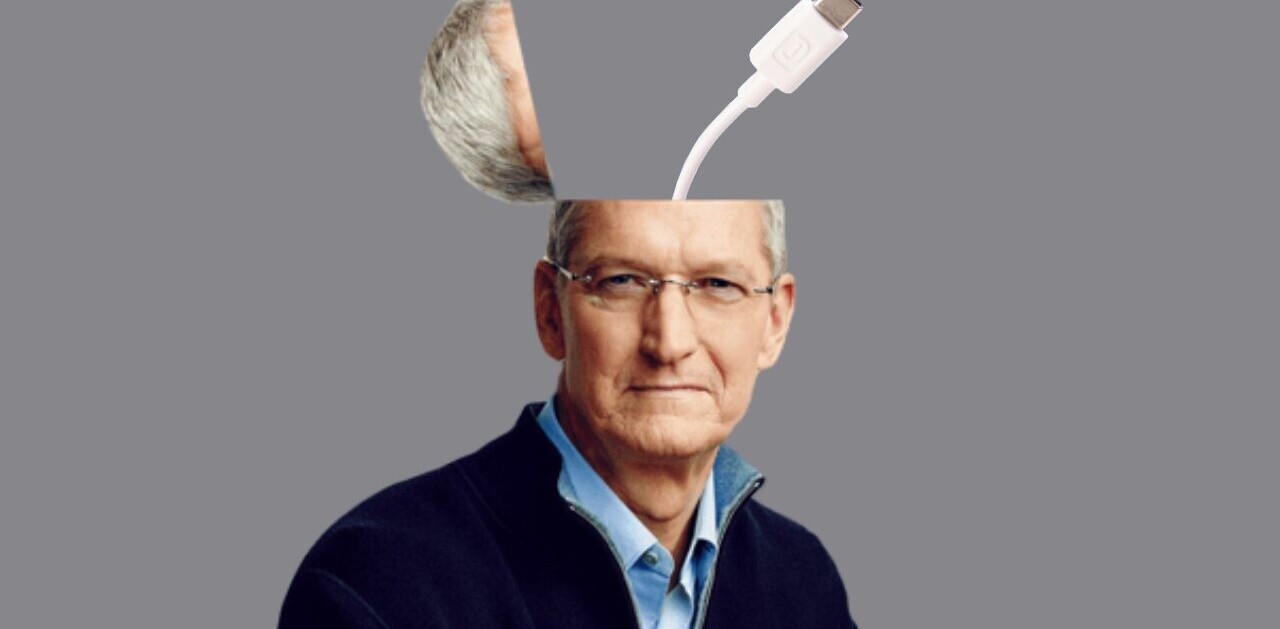
After meeting with China Mobile’s management, investment firm Deutsche Bank has come to believe that the Chinese government, which controls the carrier, is opposed to a potential licensing deal with Apple for its iPhone 5 because subsidies for the handset would be too burdensome, MarketWatch reports.
“We believe that the stars are not aligned for a China Mobile licensing of the iPhone 5,” the analysts said. “The government is not supportive.”
China Mobile operates as one of the country’s state-owned enterprises and has a near monopoly on the wireless market with close to 700 million subscribers. Its rivals China Unicom and China Telecom, both of which have reached deals with Apple to sell the iPhone, make up the rest of the market with a combined strength of several hundred million subscribers.
The analysts noted that an agreement between the world’s largest carrier and Apple is unlikely to happen soon, but they didn’t provide more specific estimates about timing. China Mobile insiders hinted to local media last month that the device was unlikely to arrive this calendar year.
While a teardown of the iPhone 5 did reveal that its baseband chip is capable of supporting China Mobile’s proprietary 3G network, minor modifications would first have to be made. More than 15 million customers are unofficially using iPhones on the carrier’s network, but they are limited to 2G speeds.
China Unicom has said that it expects to begin selling the iPhone 5 before the end of the year, and China Telecom believes it will get the device shortly thereafter.
While Deutsche Bank is concerned about the viability of a subsidy on China Mobile, it is worth noting that Apple’s own iPhone sales in the country are already largely unsubsidized. Previous versions of the smartphone have been sold at full price at Apple’s online and brick-and-mortar stores and has left it up to carriers to offer discounts. For example, the release of the iPhone 4S on China Unicom earlier this year included plans that would fully subsidize the cost of the handset, but Apple’s official outlets didn’t offer the deal.
As such, Apple could theoretically tweak the iPhone 5 to support China Mobile’s TD-SCDMA network and sell units to the carrier’s customers from its Apple Stores at full price. In the long-term, it would need a subsidy deal with China Mobile to fully saturate the market, but there are still millions of customers that would purchase an unlocked iPhone 5 for use on the network.
Image credits: AFP/Getty Images
Get the TNW newsletter
Get the most important tech news in your inbox each week.




